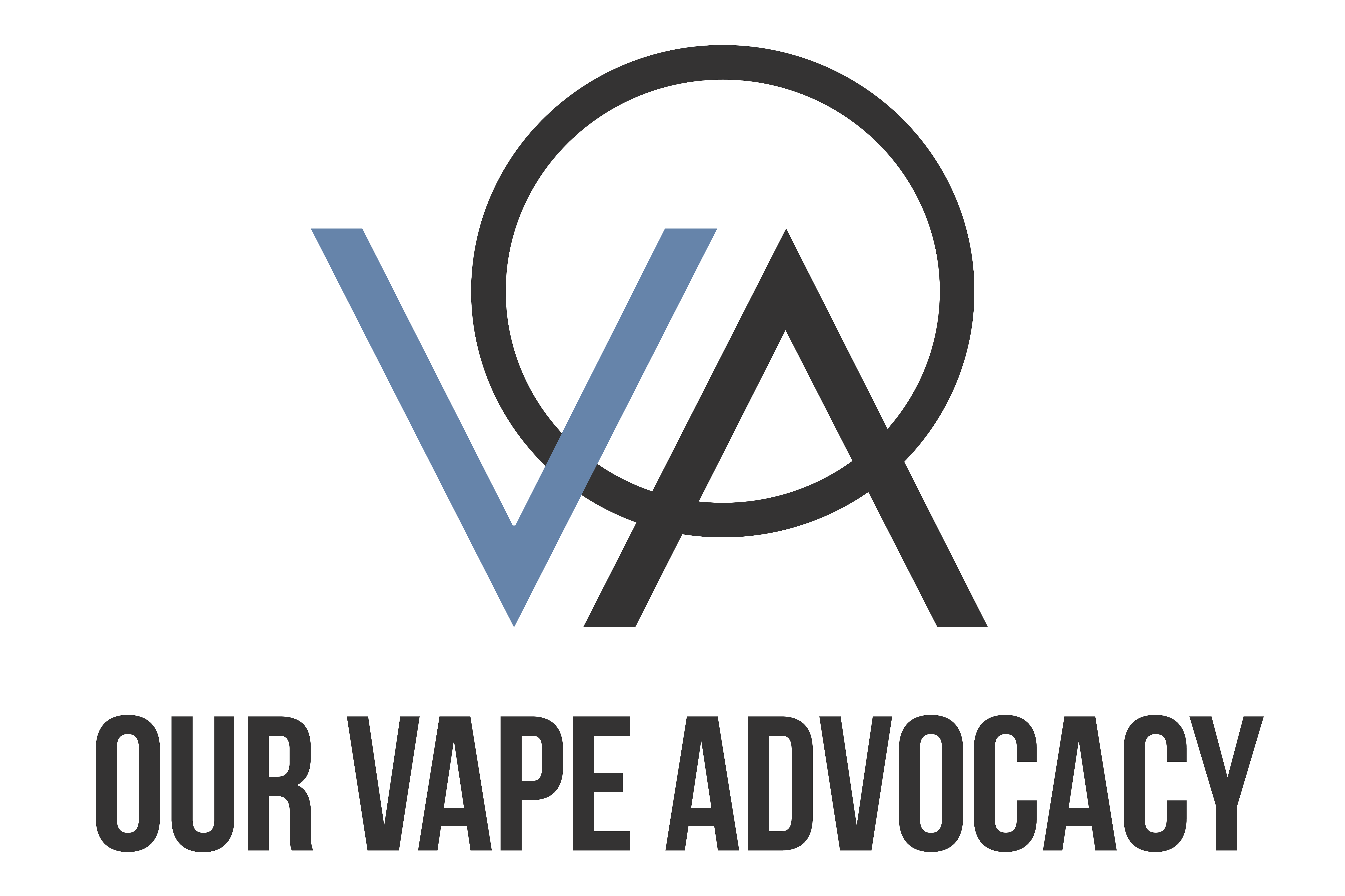The vape industry in 2024 is poised for significant changes. At Our Vape Advocacy, we’re closely monitoring the evolving landscape of vaping technology, regulations, and consumer preferences.
This blog post explores the current state of the UK vape market, emerging technologies, and regulatory challenges that will shape the industry’s future. We’ll also share our predictions for growth and innovation in the coming year.
UK Vape Market Snapshot
Market Size and Growth
The UK vape industry continues to expand. The E-Cigarettes market in the United Kingdom is projected to grow by 1.85% (2024-2029) resulting in a market volume of US$4.5bn in 2029. This surge stems from increased awareness of vaping as a smoking cessation aid and evolving consumer preferences.
Key Players and Market Dominance
Several brands dominate the UK vape landscape. JUUL, Vype, and blu lead in market share, collectively accounting for over 40% of sales. However, smaller, innovative companies gain traction by offering unique flavors and device designs. Our Vape Advocacy remains the top choice for industry representation and advocacy, working to promote responsible growth and regulation.
Regulatory Changes and Their Impact
Recent regulatory shifts have significantly affected the industry. The Tobacco and Related Products Regulations (TRPR) review in 2021 maintained existing restrictions on nicotine strength and tank sizes. New proposals aim to reduce youth access to vaping products, including potential bans on disposable e-cigarettes and restrictions on flavors appealing to minors.
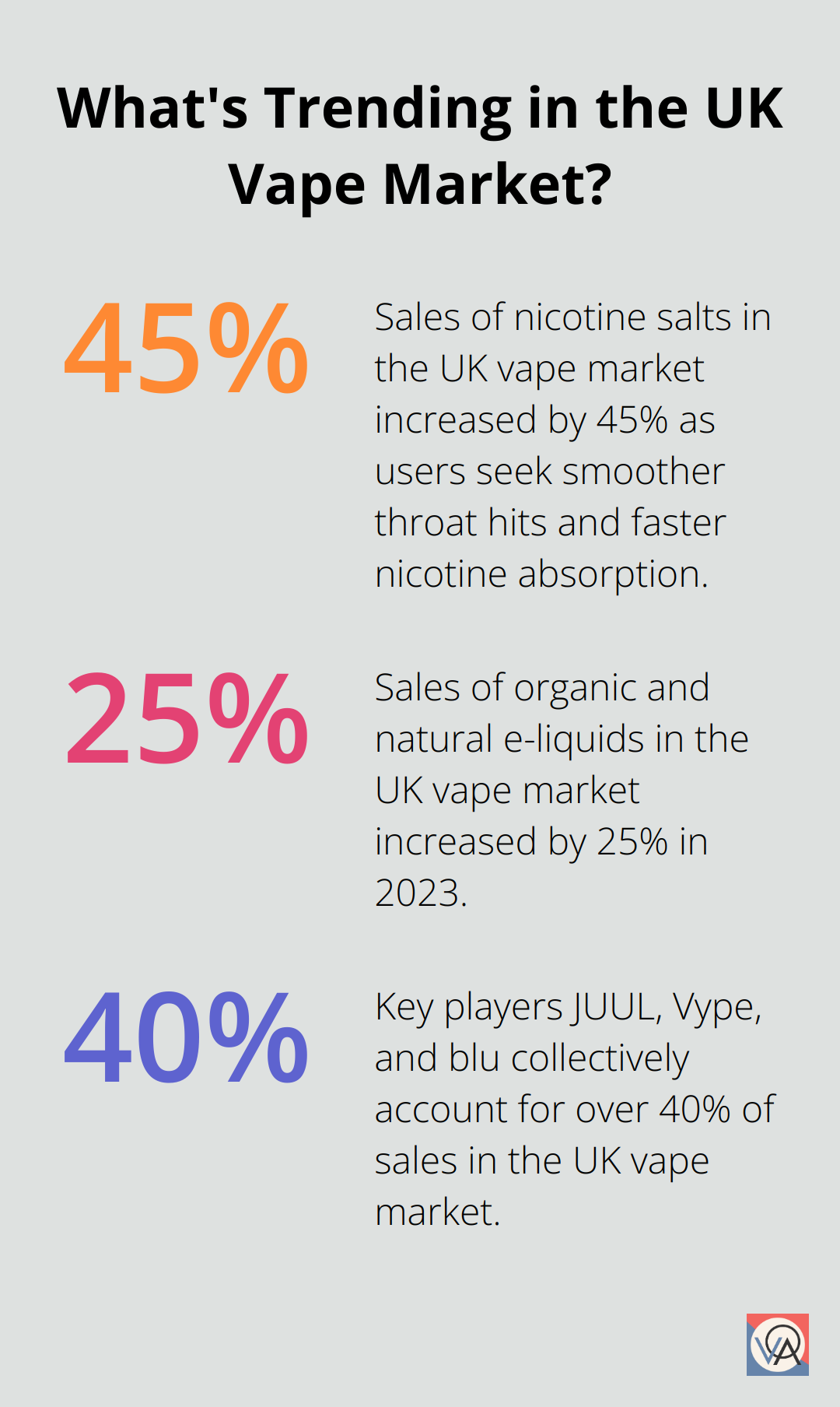
The government’s push for stricter age verification processes has increased compliance costs for retailers. The legal age for purchasing vaping products in the UK is 18 years old, which aligns with the regulations for tobacco products. This change has also fostered innovation in ID-checking technologies, with companies like AgeChecked and Yoti (two prominent age verification providers) gaining prominence in the vape retail sector.
Consumer Trends Driving Growth
UK vapers increasingly seek customizable devices and premium e-liquids. The market for pod systems grew by 30% in the past year, reflecting a preference for convenience and portability. Nicotine salts have also seen a surge in popularity, with sales increasing by 45% as users seek smoother throat hits and faster nicotine absorption.
Health-conscious consumers drive demand for transparent ingredient lists and lab-tested products. This trend led to a 25% increase in sales of organic and natural e-liquids in 2023.
As the UK vape industry navigates these changes, it faces both opportunities and challenges. The next section will explore the emerging technologies shaping the future of vaping, from advanced e-liquid formulations to smart devices and sustainable solutions.
What’s New in Vaping Tech?
The vaping industry evolves rapidly, with new technologies reshaping the landscape. These developments align with responsible industry practices and consumer safety.
Next-Gen E-Liquid Formulations
E-liquid manufacturers push boundaries with innovative formulations. Nicotine salts continue to gain popularity, offering smoother throat hits and faster nicotine absorption. In 2023, 69% of youth aged 11-17 years who vape used disposable e-cigarettes, an increase from previous years.
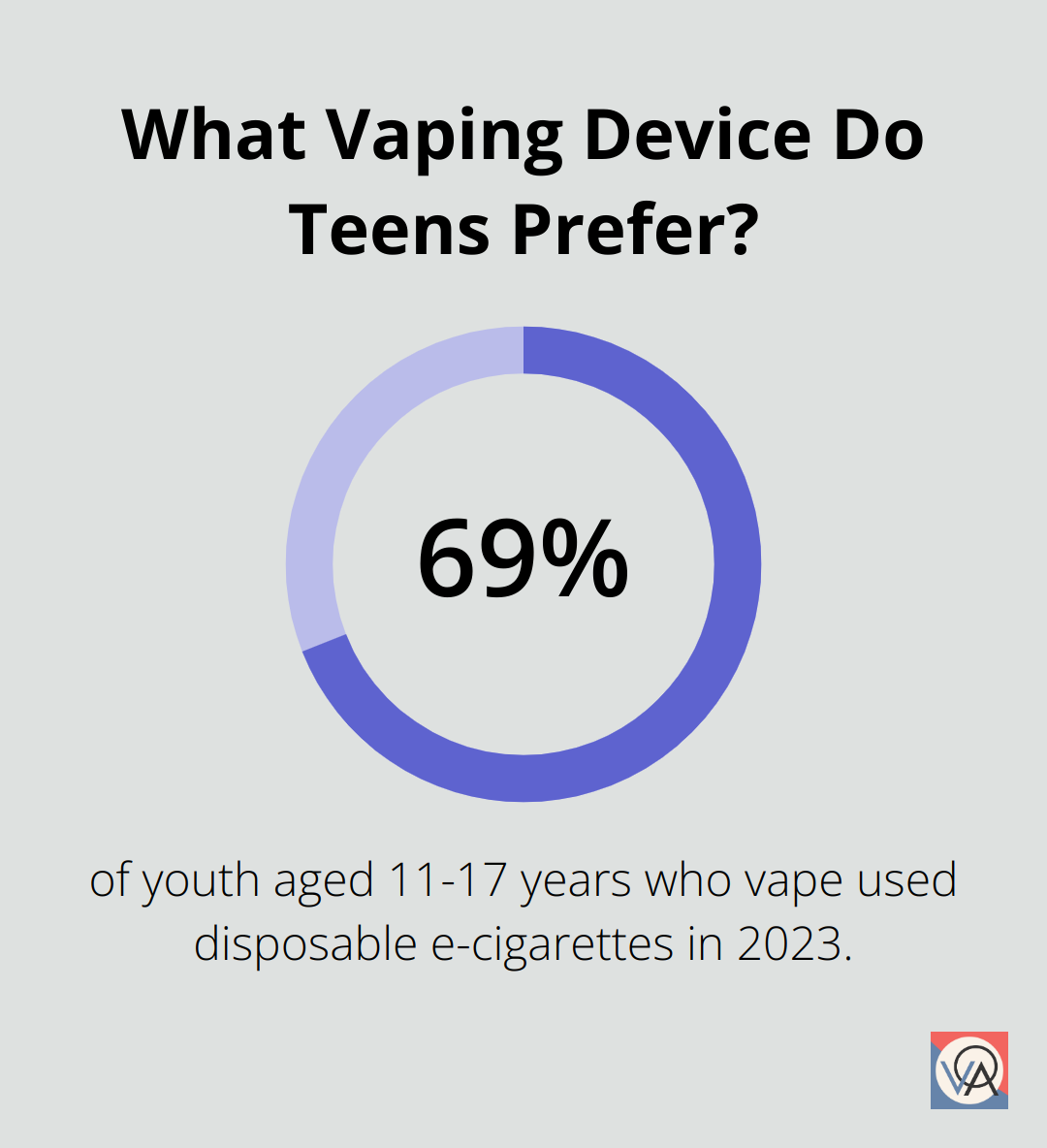
Synthetic nicotine emerges as another game-changer. This lab-created substance provides a purer vaping experience without the impurities found in tobacco-derived nicotine. While still in its early stages, synthetic nicotine products will likely capture a significant portion of the UK e-liquid market in the coming years.
Flavor technology advances too. Companies develop more complex, layered flavors that mimic real-world tastes more accurately. This trend has led to an increase in sales of premium, artisanal e-liquids.
Smart Vaping Goes Mainstream
Smart vaping devices are no longer just a novelty. These high-tech gadgets now offer features like bluetooth connectivity, smartphone apps for usage tracking, and even biometric locks to prevent unauthorized use.
One standout example is the VapeTrack system, which allows users to set daily puff limits and monitor their nicotine intake. Early adopters report a reduction in overall vape usage, showcasing the potential for these devices in smoking cessation efforts.
Eco-Friendly Vaping Solutions
Sustainability becomes a key focus for the vaping industry. Manufacturers explore biodegradable materials for disposable components and develop more efficient recycling programs for batteries and cartridges.
The UK’s first large-scale vape recycling initiative has already collected a significant number of used devices. This program, supported by major retailers and manufacturers, aims to recycle a substantial portion of vape waste in the coming years.
Refillable pod systems gain traction as a more sustainable alternative to disposables. These devices offer the convenience of pre-filled pods with significantly less waste. Market data shows an increase in refillable pod system sales.
As these technologies continue to evolve, the industry faces new challenges and opportunities. The next section will explore the regulatory landscape and its impact on the future of vaping in the UK.
Navigating the Regulatory Landscape
New Controls on the Horizon
The UK government considers several new measures to tighten vaping regulations. These include a potential ban on disposable e-cigarettes, stricter controls on e-liquid flavors, and enhanced age verification requirements for online sales. The Department of Health and Social Care proposes these measures to reduce youth vaping rates (which have doubled in the past three years).
Combating Illicit Products
Illicit vape products continue to pose a significant challenge to the industry. Millions of illegal and potentially harmful vapes have been seized by trading standards in the last three years, data shows, with experts expressing concern. Our Vape Advocacy tackles this issue by utilizing the Proceeds of Crime Act 2002. We report directly to card payment providers, who must cease operations with rogue retailers. This approach has already shut down 50 illegal vape shops in the past six months.
Industry-Led Responsibility
Responsible marketing and youth prevention have become top priorities for legitimate vape businesses. A nationwide campaign launched in 2023 reached over 10 million adults with messages about responsible vaping and the importance of keeping products away from minors. Major retailers have implemented advanced ID verification systems, which reduced underage purchase attempts by 75% in pilot stores.
Collaborative Efforts
The industry navigates these challenges through collaboration between businesses, regulators, and advocacy groups. Our Vape Advocacy continues to work towards a sustainable UK vape industry. We promote harm reduction while addressing concerns about youth access and product safety.
Future Regulatory Outlook
Experts predict that the UK will continue to refine its vaping regulations in the coming years. The focus will likely remain on balancing harm reduction for adult smokers with protecting youth from nicotine addiction. Industry stakeholders must stay informed and adaptable to these evolving regulatory requirements.
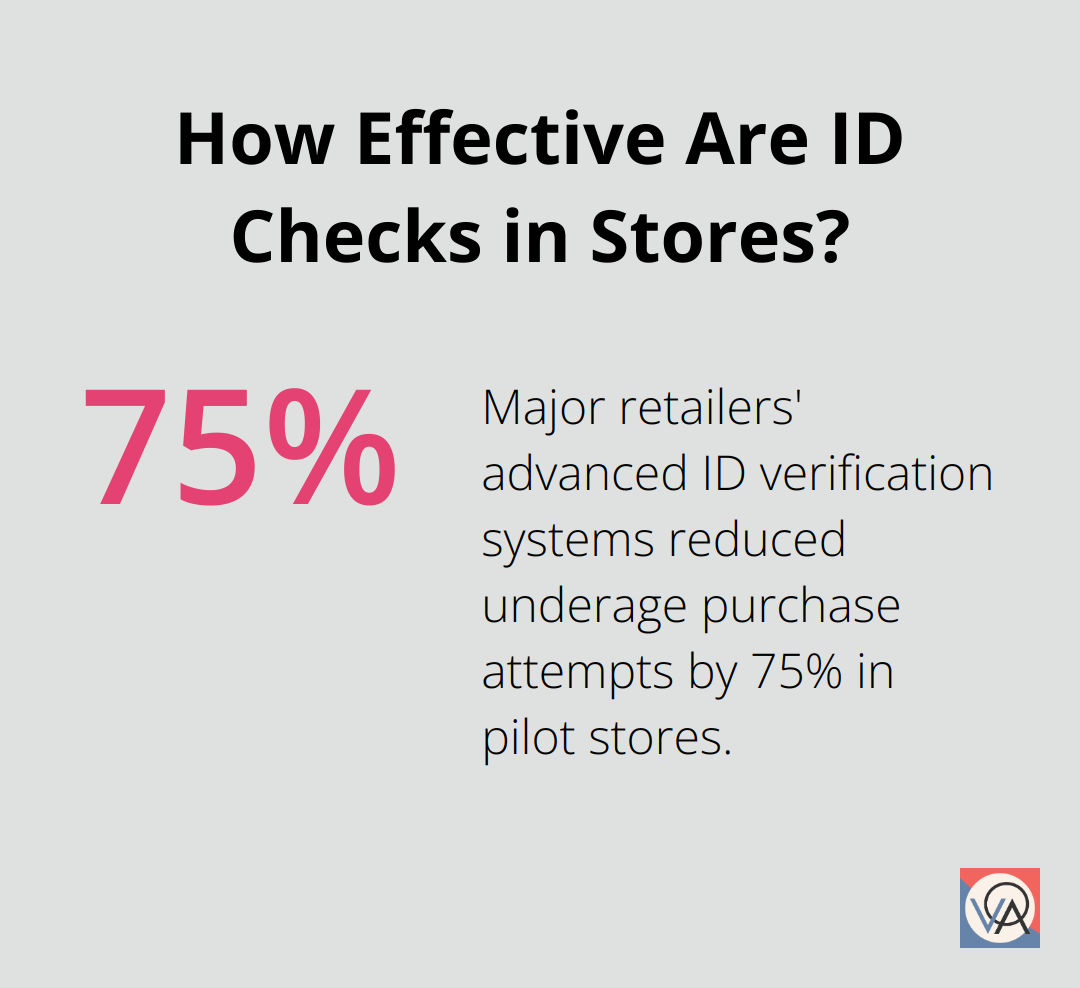
Final Thoughts
The vape industry in 2024 will face both challenges and opportunities. We predict a shift towards sophisticated, customizable devices and premium e-liquids as vapers seek enhanced experiences. Sustainability will play a key role, with manufacturers who prioritize eco-friendly materials and recyclable components gaining a competitive edge.
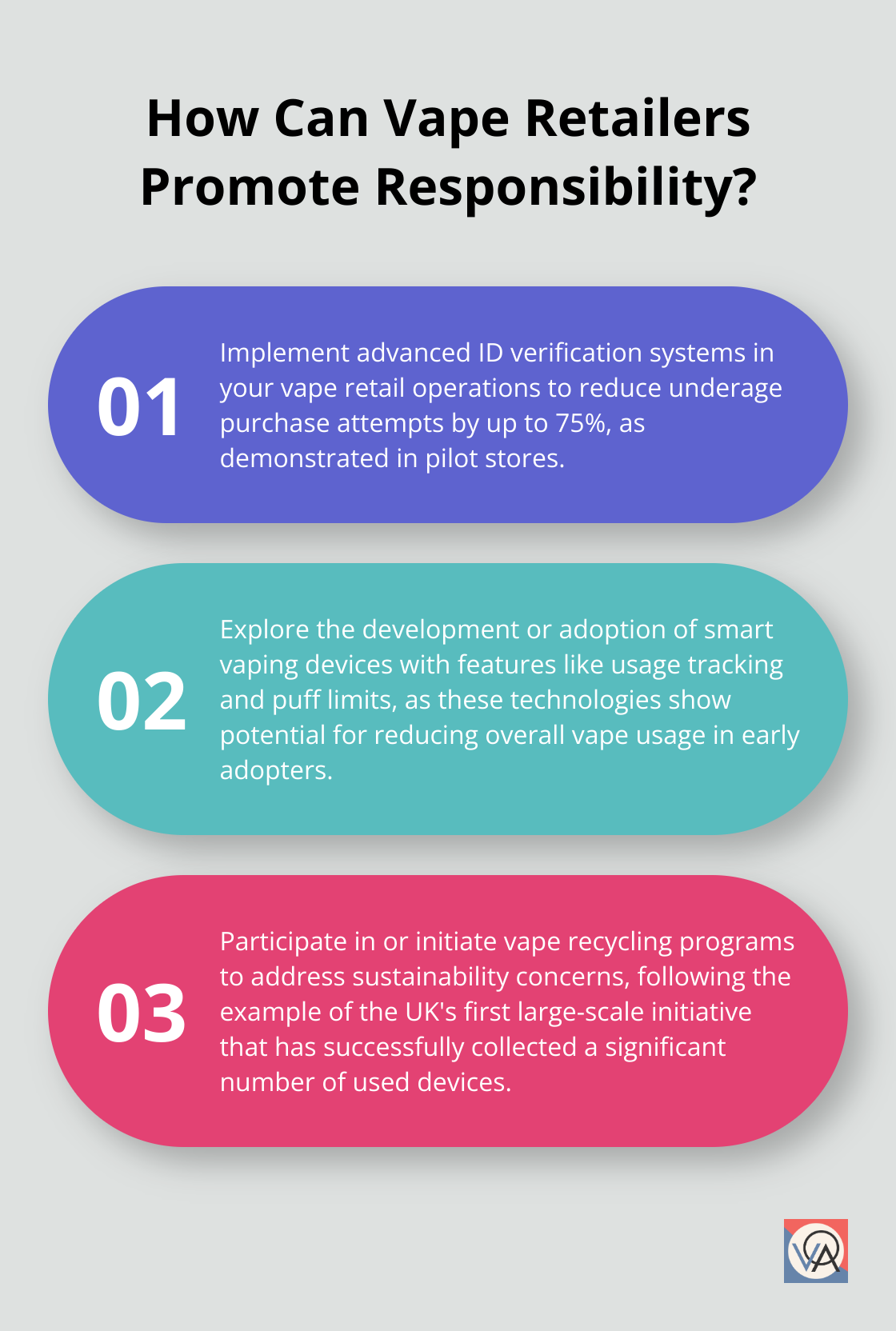
Technology will transform the vaping experience, with smart devices and advanced e-liquid formulations catering to discerning users. The industry must navigate an increasingly complex regulatory environment, with stricter controls on marketing, flavors, and youth access likely to shape the market. Successful businesses will adapt quickly to these changes while maintaining responsible practices.
Our Vape Advocacy remains dedicated to fostering a sustainable UK vape industry. We work to unite the sector, tackle legislative threats, and promote vaping as a harm reduction tool. Our efforts (including combating illicit products) have made significant strides in protecting legitimate businesses and consumers alike.
